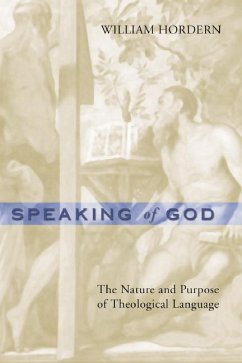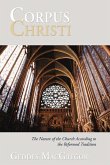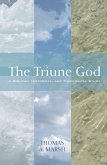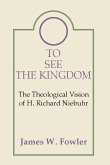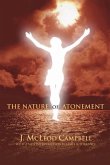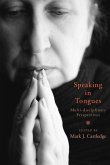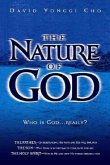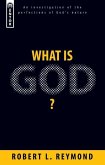Antiquated language now makes most theological statements sound irrelevant, but precise thinking on questions of ultimate meaning is as important as ever. Recent gains here come from the challenge of a school of philosophy that presses questions of usage, function, and meaning of language. William Hordern's book, a conversation between theology and analytical philosophy, begins by presenting the clearest study available for the intelligent general reader of this important philosophical tool. He goes on to use it to explore the language of theology, seeking ways of making it more effective for the purposes of communication. In tracing the development of this interest in language, Mr. Hordern explains why, in its more conservative phase, analytical philosophy declared that only verifiable statements were valid and that, since theology did not lend itself to verification, it dealt with nonsense. He demonstrates how this attitude failed to allow for convictional language, which is more akin to the language of poetry. Theological language, the author says, is rooted in the church and the community of faith. It is deeply concerned with mystery and worship, and can be discussed analytically only in terms of its special functions, which are similar to those of language used in speaking of personal relations. The author's treatment of these similarities is particularly useful and illuminating.
Hinweis: Dieser Artikel kann nur an eine deutsche Lieferadresse ausgeliefert werden.
Hinweis: Dieser Artikel kann nur an eine deutsche Lieferadresse ausgeliefert werden.

